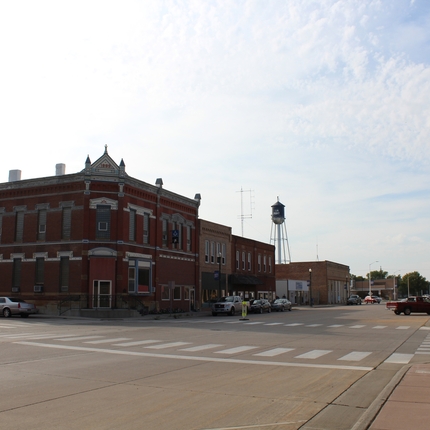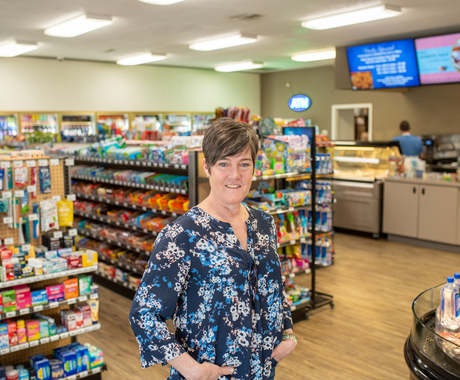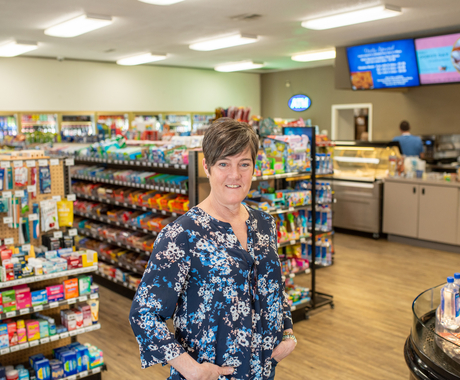While local control is a value often touted by decision-makers in South Dakota, the newly passed Senate Bill 157 undercuts the ability of citizens to meaningfully participate in decisions regarding proposed development in their community.
SB 157, brought at the request of Governor Noem and passed through the legislature, restructures the county zoning and appeals process in a way that removes the requirement of a public hearing for projects with special permitted use and overhauls the permit appeal process, limiting the ability of residents to be active participants in decisions affecting their communities.
New forms of economic development offer significant opportunities for rural communities across South Dakota. But development should go hand-in-hand with outreach to local residents, allowing them to voice concerns and ask questions about how projects will impact their lives. Citizens deserve to be informed of proposed development projects and have the opportunity to engage in public hearings with their local decision-makers.
The insights community members and landowners can provide at hearings offer guidance for developers and local elected officials on a range of issues, such as improving the siting and design of projects, ensuring they are developed in a way that works best for a community, and avoiding unnecessary impacts.
Moving forward, communication and collaboration with local residents should continue to be prioritized. The best kind of development comes when citizens are viewed as key stakeholders and given opportunities to learn about proposed development and communicate with their elected decision-makers.




